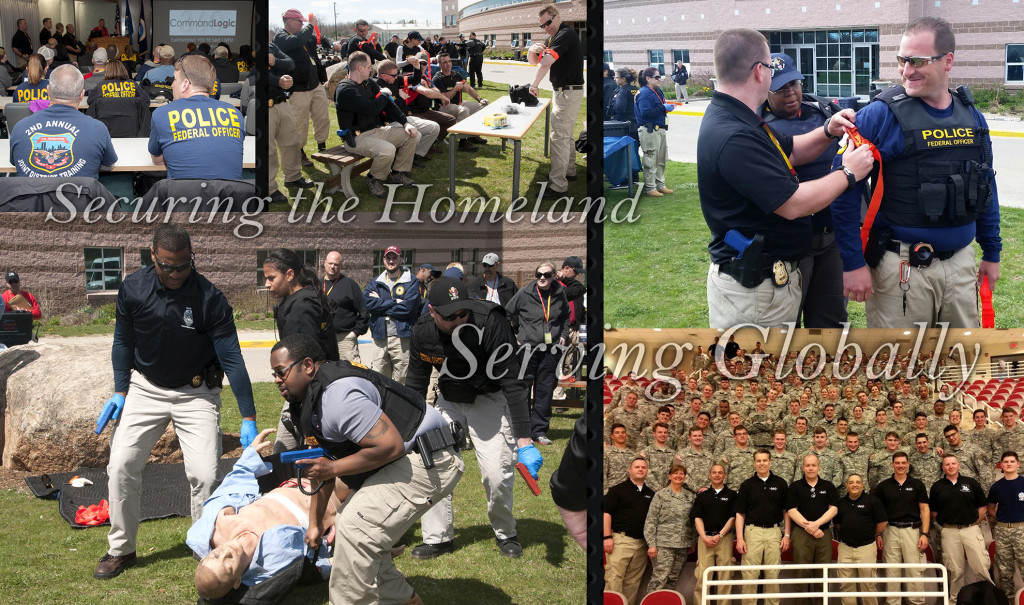Written by Colonel Kevin F. Reilly, USAF, Retired
CL360 Director of Sales & Training
The phrase that instructs us to “Never let a serious crisis go to waste” is at once troubling and encouraging. A disaster is never a welcome thing, but the contemplative sort understands that with every calamity comes opportunity; lessons-learned, that if internalized, make us more resilient. A worldwide pandemic is about as bad as it gets, so this should be a time for serious reflection. The time will come again when hearing the word Corona will have us reaching for a lime wedge instead of an N-95 mask, but, until then, we are left to wrangle with concepts like social distancing, working from home, and an empty Times Square.
This COVID-19 crisis will not be “wasted” if among the lessons learned are new and improved perspectives on risk. And not just on the threat of a contagious virus, but the risks associated with all types of emergencies. Far too many think of risk in terms of probability, or the likelihood that something bad will happen. Titanic’s owners thought their ship unsinkable, so few provisions were made such as lifeboats. Many schools think the likelihood of an active shooter is low, so little investment is made in security. And who ever thought planes would fly into the World Trade Center? Hubris is always problematic, and keeping your fingers crossed can be a costly strategy.
What prevents many from understanding risk mitigation is that it is not just about likelihood. Low probability does not equal low risk. If that were the case, then the Titanic’s owners acted appropriately, and today’s dismissive school boards are right to gamble. But what they fail to consider – and what many fail to realize – is that a meaningful risk assessment is a comprehensive achievement; one that combines likelihood with vulnerability and consequence.
Applied to the risks of a pandemic, this calculation includes the probability of encountering a novel virus, our body’s level of immunity to it, and the human toll if we fail to contain or eradicate.
This formula, however, applies to all emergencies and potential disasters. Active shooter attacks and terrorist bombings are low-probability events, but extreme consequences make for elevated risk. The lesson here is to expect the unexpected, and those charged with keeping people safe and secure should take heed. COVID-19 is not our first pandemic, nor will it be our last. The Spanish Flu of 1918 killed millions, and as recently as 2009 we had the H1N1 pandemic, yet we remain unprepared. These alarming facts call to mind yet another cautionary refrain: that “Those who forget history are condemned to repeat it.”
Colonel Kevin F. Reilly, USAF, Retired
Kevin Reilly is Director of Sales & Training for CommandLogic 360. He was an Emergency Programs Manager with the U.S Department of Homeland Security (DHS). He has served the federal government since 1986 when he was initially commissioned an officer in the U.S. Marine Corps. Reilly later served as a Commander, search and rescue pilot, and Emergency Preparedness Officer in the Air National Guard and Air Force Reserve. Kevin is also a volunteer in the Southold, New York fire department, were he serves as a fire Captain and Emergency Medical Technician. He is also a nationally certified Fire Service Instructor, a FEMA certified ICS Instructor, and an Advanced Hazardous Materials Technician.

